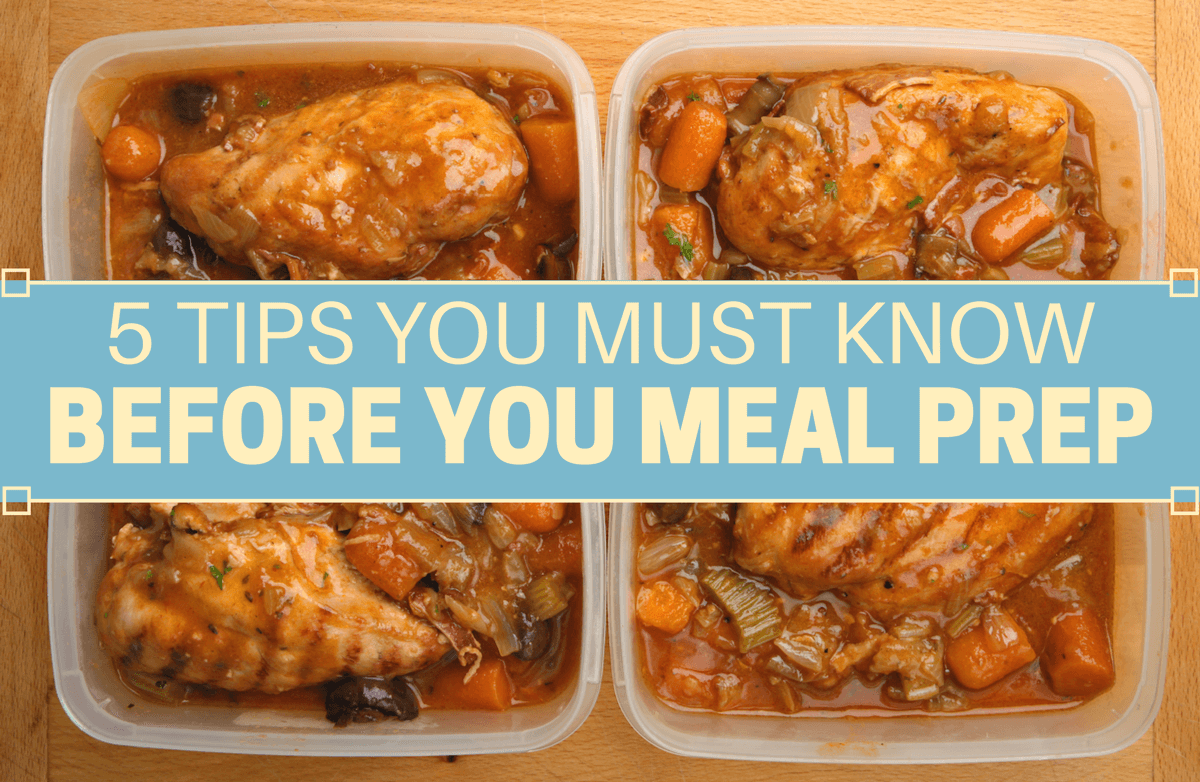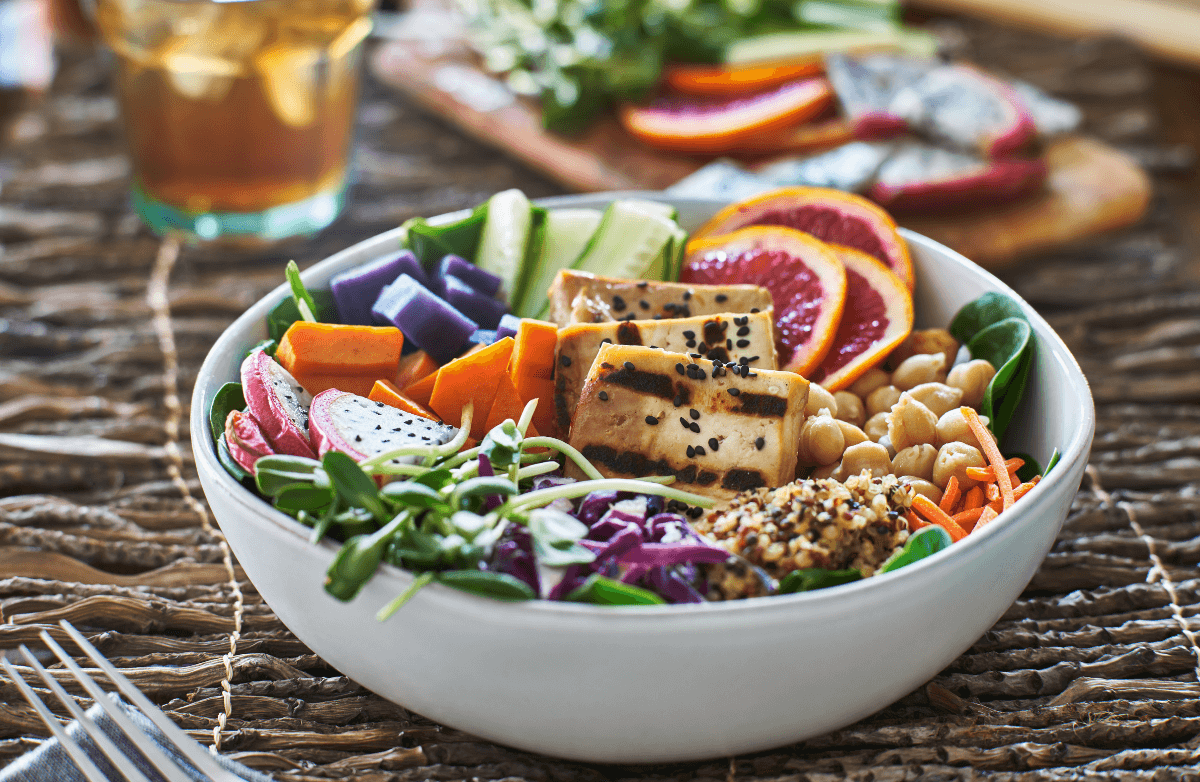
When it comes down to formula, parents want the best for their baby or toddler. Even though cow’s milk formula is one of the best known formula types on the market today, there is an alternative that may be better suited to some infants and toddlers–dairy goat formula. To learn more about the benefits of goat’s milk formula, be sure to discover our overview of benefits below. Packed with Ingredients for Easier Digestion The first benefit of prebiotic oligosaccharides is the absorption of water. Once prebiotic oligosaccharides are consumed, they remain in the digestive tract. There they absorb water, subsequently making passing stool easier and the stool itself softer; this benefit could make digestion easier for infants having trouble passing their stool after consuming formula. Prebiotic oligosaccharides also have the ability to stimulate the growth of healthy gut bacteria. These bacteria aid with digestion and make digestion easier and more efficient in general. On top of that, prebiotic oligosaccharides limit the number of pathogenic bacteria, which may cause infection or illness. For that reason, prebiotic oligosaccharides are not only beneficial for your infant’s digestion, but also for their health in general. The high levels of prebiotic oligosaccharides are not the only reason why digestion may be easier with dairy goat formula. The exact protein present in goat’s milk and cow’s milk are approximately the same, but the levels of certain protein are somewhat different. Inside goat’s milk, the levels of αs1-CN protein are lower than in cow’s milk. αs1-CN protein has been linked to an inability to digest formula, so lower levels of this protein could be a solution for infants having trouble digesting cow’s milk formula. More Vitamins and Minerals Goat’s milk is naturally richer in certain vitamins and minerals than cow’s milk. In goat’s milk, there is more vitamin A, vitamin C, calcium and magnesium. The higher levels of vitamins and minerals could be beneficial for the health of your baby or toddler. Vitamin A is actually an umbrella term for substances called retinoids. Retinoids are biologically active compounds that can be found in plants as well as animal tissues. These biological compounds have numerous benefits for the health of your child, because they are the compounds that help with bone growth, the immune system and ensure good development of vision and sight. Vitamin C, also known under the name ascorbic acid, has numerous health benefits for children as well as adults. Good levels of vitamin C can cure a common cold, boost the immune system, lower blood pressure, prevent certain types of cancer and manage asthma symptoms. Calcium is a mineral that is essential for good bone health. Calcium plays a major role in the maintenance of strong bones, but other organs also need calcium to function properly. Calcium is also essential for the heart, muscles and nerves, so the higher levels of calcium in goat’s milk could have some real health benefits for your child. Magnesium is another mineral that cannot be forgotten when it comes to formula. Magnesium is absolutely necessary for the functioning of the muscles and nerves. It also keeps the heart rhythm steady and protects the immune system. Of course, magnesium also plays a role in the regulation of blood sugar levels and blood pressure. While feeding your baby goat’s milk can be beneficial, any formula is only as good as how it is given to the baby. One of the most important things while bottle feeding your baby or toddler is hygiene. Considering babies and toddlers are more susceptible to infection and illness, making sure your baby bottles are sterile is all the more important. There are many different ways to sterilize baby bottles, but the most important thing is making sure there is no formula left on the bottle or nipple before you sterilise them. Bottles and nipples should be placed in hot, soapy water shortly after feeding and be cleaned with a bottle brush. During this process, make sure there is not a single trace of formula left on the bottle or the nipples. Once every little trace of formula has been removed, rinse the bottles and nipples in some cold water before you sterilize them. In general, there are three common methods to sterilize baby bottles and nipples, more specifically cold water sterilizing, steam sterilizing and boiling. Each of these methods has its advantages and disadvantages where time, convenience and cost is concerned. The least expensive manner to sterilize bottles is probably the boiling method. The only thing needed is a pot and a lid that is exclusively used to sterilize bottles. When boiling, the bottles and nipples need to be left in the pot for at least ten minutes. You must also make sure that the bottles and teats are submerged at all times during the sterilization process. Steam sterilizing is also an option; this can be done with an electric sterilizer or in the microwave. During this process, the bottles and nipples must be facing down. Bottles and nipples sterilized during this process can usually be left for a while before use, but it does depend on the manufacturer of the sterilizing equipment. Therefore, always check the directions before use. Cold sterilizing is also an option, although the sterilization solution must be changed every 24 hours. Therefore, cold water sterilizing can be one of the more expensive ways to sterilize baby bottles and teats. Equipment sterilized with the cold method must also be used within 30 minutes. Conclusion? The Perfect Bottle Feeding Combination! In conclusion, when you decide you bottle feed your baby, both formula and hygiene are important. In addition to getting the right formula, always make sure bottles and teats are sterilised, so your baby can get the full benefit out of all the amazing ingredients in Oli6 Dairy Goat Milk Formula. |
Related Entries
More From SparkPeople
|









.jpg)











